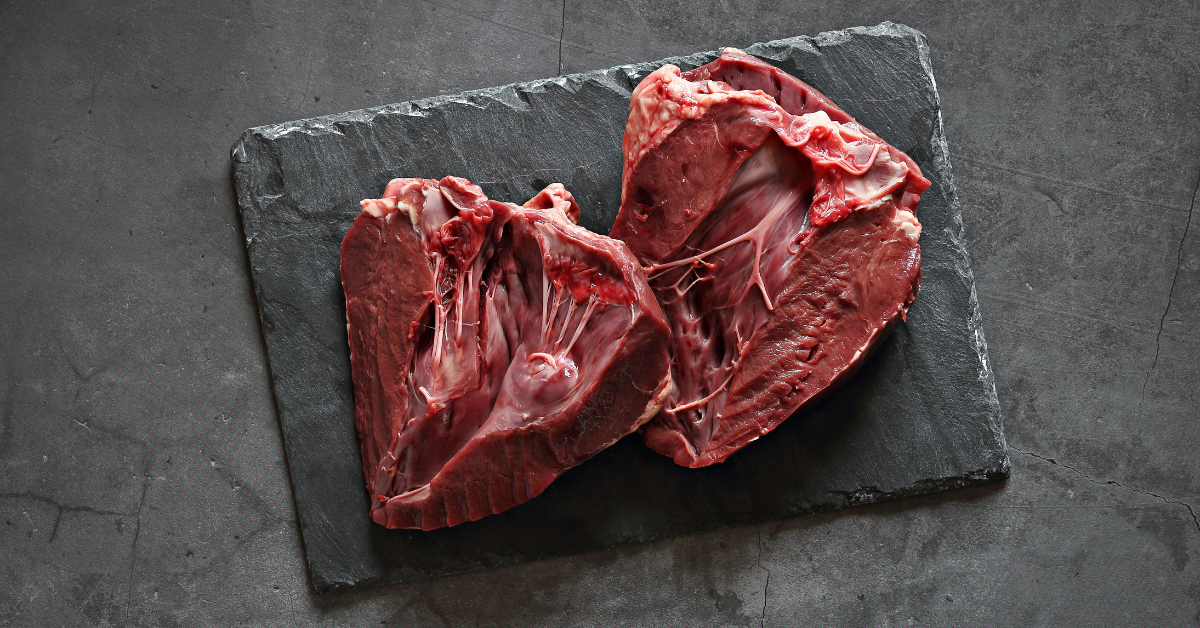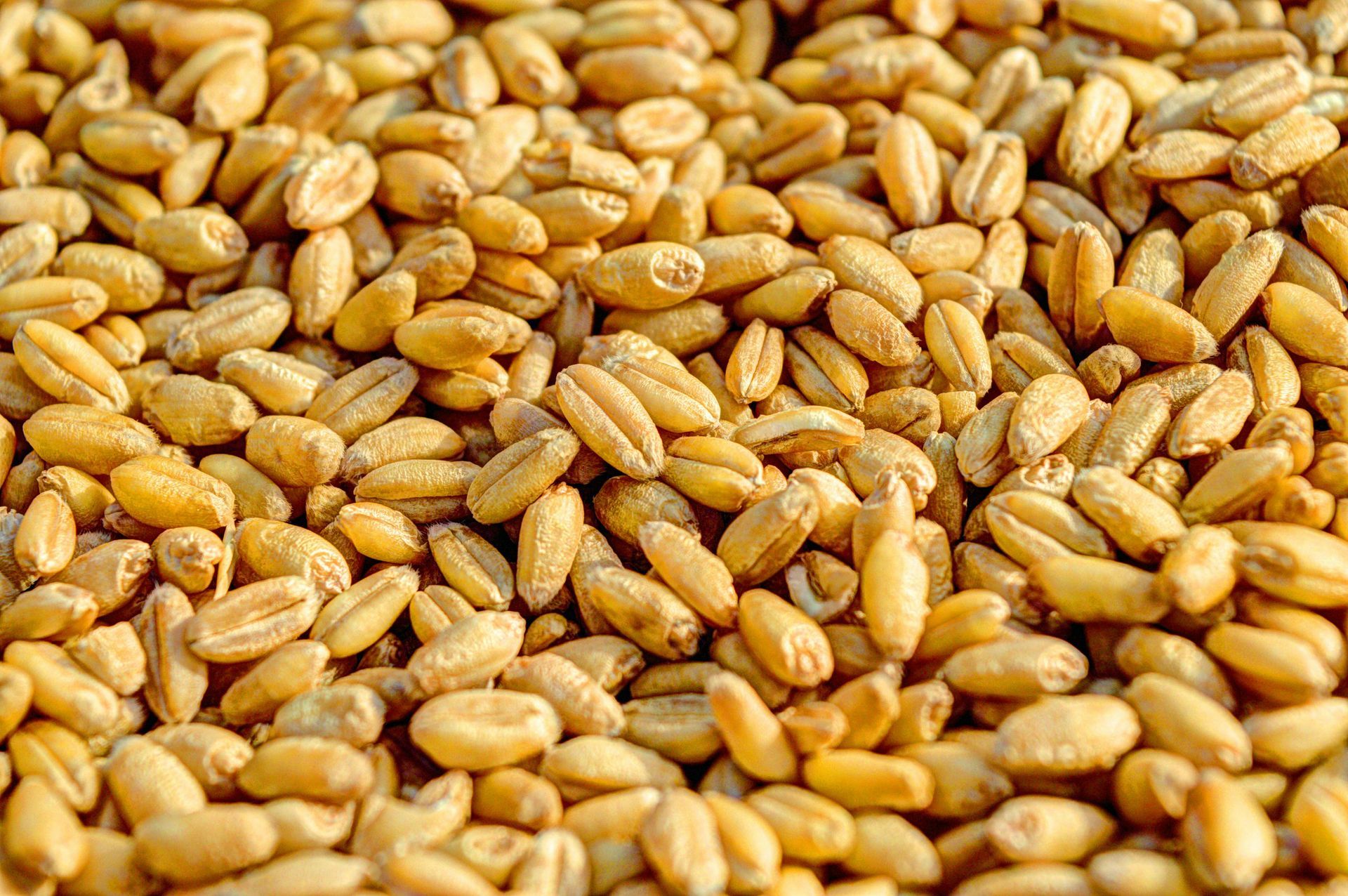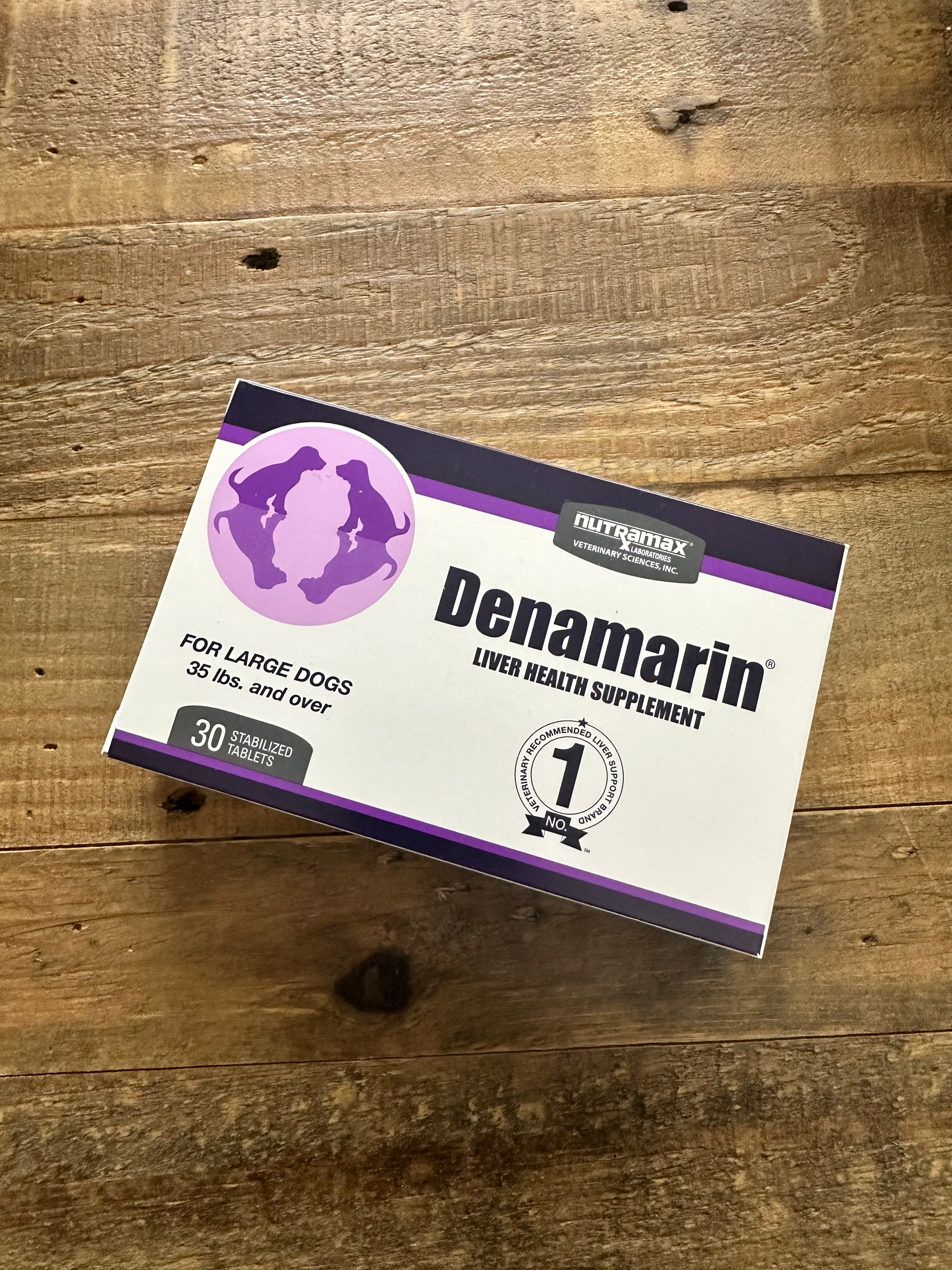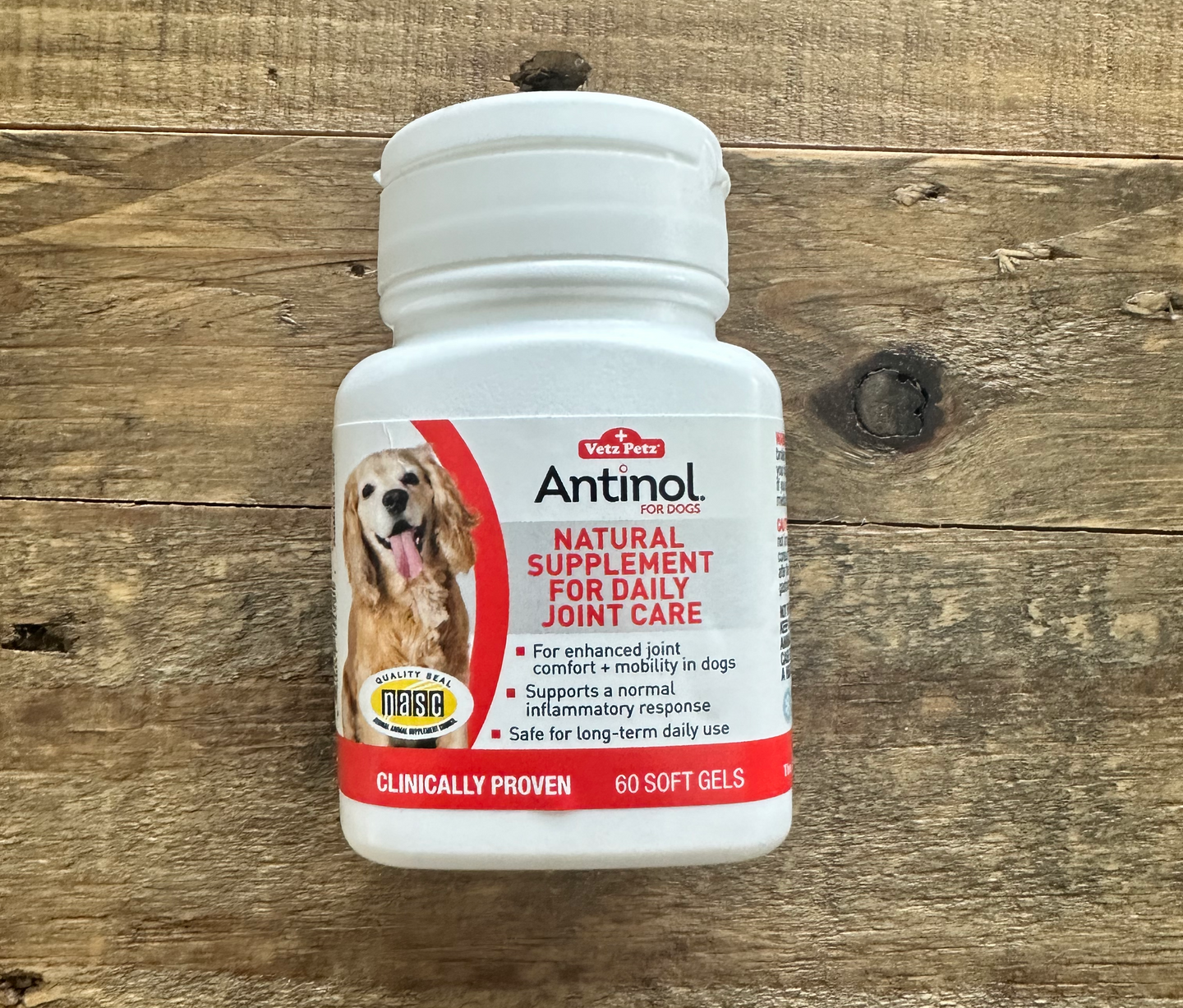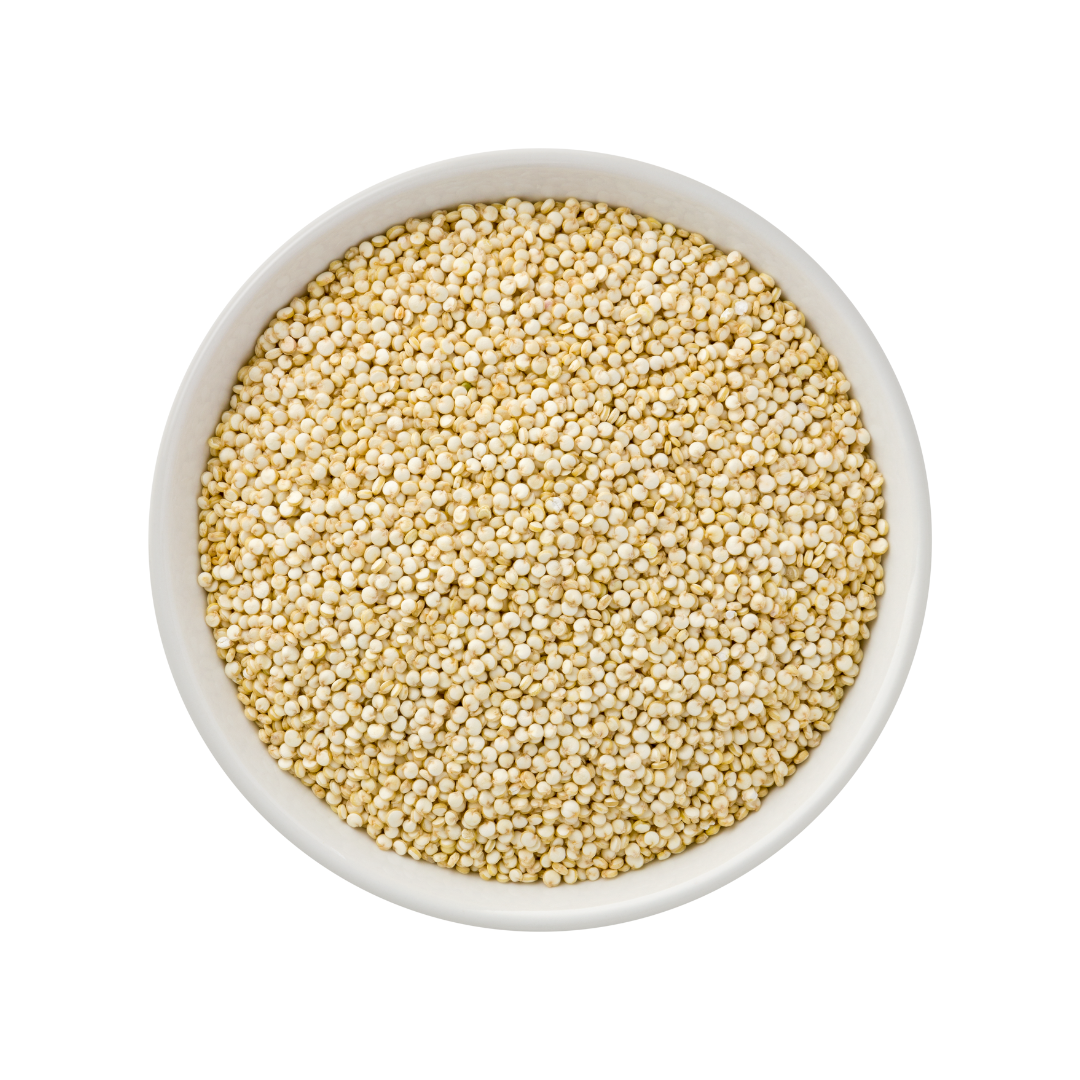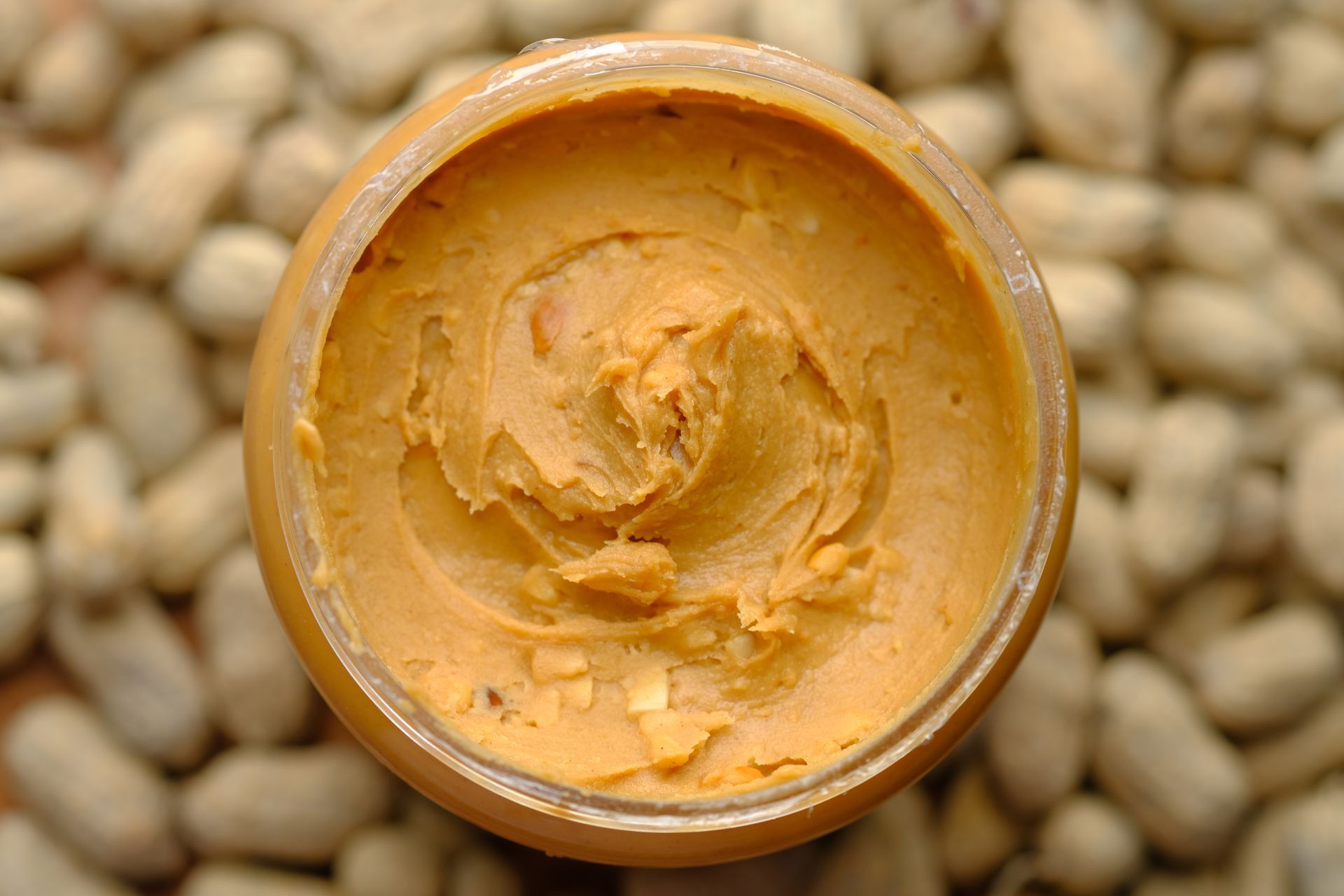What is Beef Heart?
Beef heart is exactly what it sounds like - the muscular heart of a cow. It's a readily available and affordable source of lean protein for your canine companion. You'll typically find beef heart sold frozen, either ground or in whole chunks, making it easy to incorporate into your dog's meals. Compared to other meats, beef heart is lower in fat and bursting with protein, perfect for dogs on weight management plans or with specific dietary needs.
The Nutritional Powerhouse of Beef Heart
Beyond its impressive protein content, beef heart is a nutritional powerhouse for dogs. Here's a breakdown of the key nutrients it offers:
- Essential Vitamins and Minerals: Beef heart is brimming with essential vitamins and minerals like Vitamin B12, crucial for energy metabolism and nervous system function. It's also rich in iron for healthy red blood cells, zinc for a strong immune system, phosphorus for bone health, selenium and copper for antioxidant function, and many more.
- Omega-3 Fatty Acids: These essential fats contribute to a shiny, healthy coat and support healthy skin. Omega-3s may also reduce inflammation and promote joint health in dogs.
- Taurine: This amino acid plays a vital role in maintaining proper heart health and function in dogs. While their bodies can produce some taurine, supplementation through diet can be beneficial, especially for certain breeds prone to heart issues.
Adding Beef Heart to Your Dog's Diet
The best way to introduce beef heart to your dog is by gradually incorporating it into their regular food, homemade or kibble-based. Here are some tips for a smooth transition:
- Start Slow: Begin with a small amount of ground beef heart, perhaps a teaspoon for smaller dogs or a tablespoon for larger breeds, mixed with their usual food.
- Monitor Digestion: Closely observe your dog's behavior after introducing beef heart. Some dogs may experience initial digestive upset if not accustomed to new foods. If any problems arise, reduce the amount or temporarily stop feeding it and consult your veterinarian.
- Gradually Increase: If your dog tolerates beef heart well, you can slowly increase the amount over time until it reaches a suitable portion based on your dog's size and activity level.
Secreting vs. Non-Secreting Organs and Diet Ratios
When formulating homemade dog food, it's important to understand the difference between secreting and non-secreting organs.
Secreting organs like liver and kidneys are considered organ meats and should be limited to about 5% of your dog's overall diet due to their concentrated nutrient content.
Beef heart, however, is a non-secreting organ, categorized as muscle meat along with cuts like chicken breast or lean beef. While not restricted by the 5% rule for organ meats, it's still recommended to keep beef heart around 5% of your dog's diet to ensure variety and a well-balanced nutritional profile.
Final Thoughts on Beef Heart for Dogs
Including beef heart in your dog's diet is a fantastic way to boost their nutrition and keep them happy and healthy. This affordable and readily available source of lean protein is packed with essential vitamins, minerals, and fatty acids that contribute to a healthy heart, strong muscles, a shiny coat, and overall well-being. So next time you're at the pet store or butcher shop, consider adding beef heart to your dog's grocery list!


